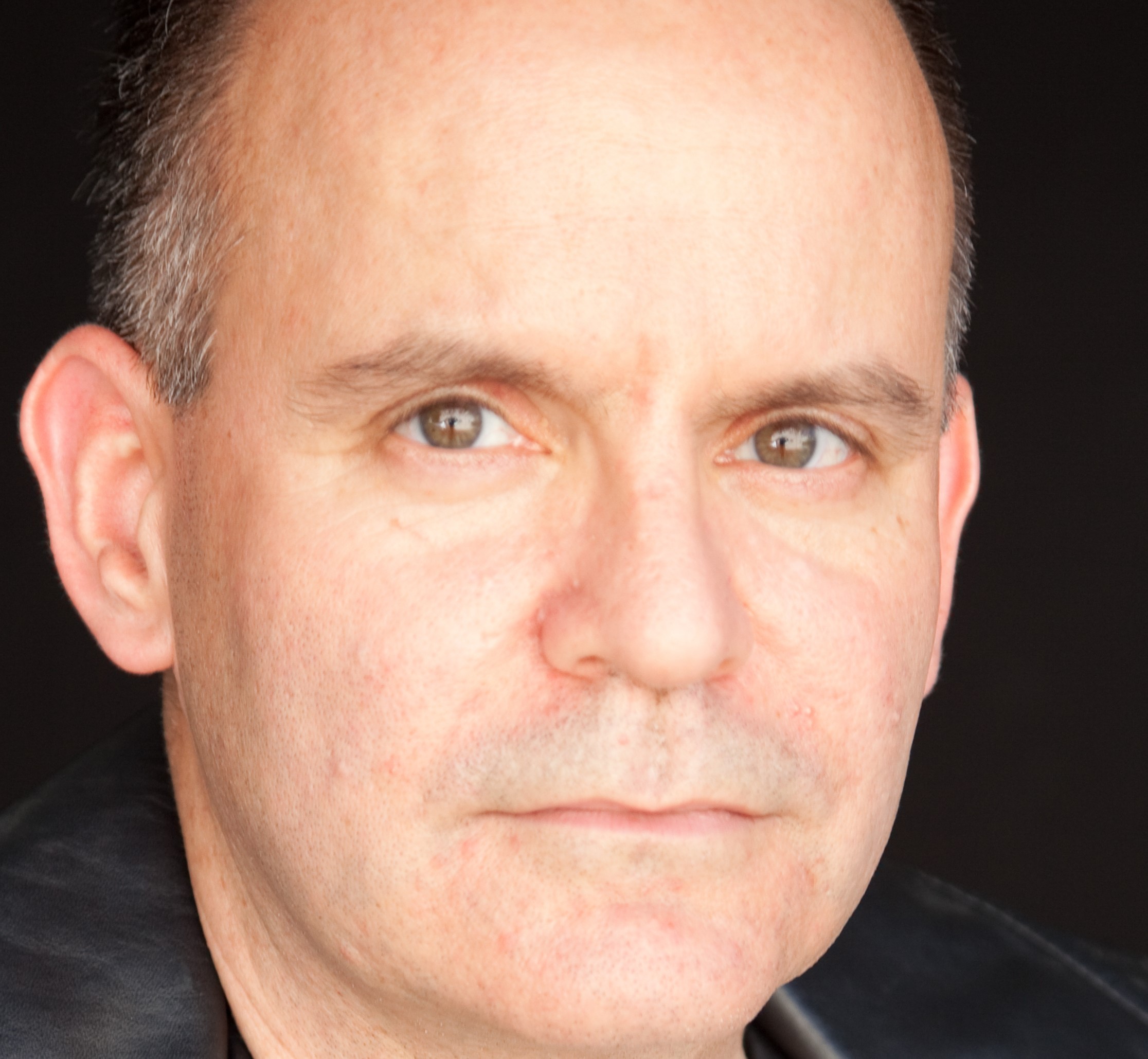
Craig Byrnes
When I was in law school, I learned that there were some injustices in the law that were there before I was even born, and that I felt would be there throughout my lifetime. No punitive damages in contract cases. Textualism when the meaning of words are decided by the reader.
The federal government didn’t protect all of its people against discrimination. Our citizens were unprotected against discrimination based on LGBTQ+ status.
I felt powerless over these injustices. I felt particularly upset by the unequal treatment afforded American citizens by the federal government. How could this country, which I grew up learning to love, not even pretend that all of its citizens were created equal? Not even pretend to afford them equal protection under the law? It made no sense, but I didn’t believe I would ever see it change. Maybe my grandchildren would have a chance at seeing it, but I wouldn’t.
Given the powerlessness I felt, I can only imagine the feelings of my fellow citizens who went their lifetimes unshielded by this country’s laws.
Rejected. Alien. Unwanted. Maybe even hated. This is what I imagined they must have felt, and the laws as they existed didn’t provide me any avenue to salve those wounds.
And the feelings were just the beginning. The law’s failure to protect all of its citizens gave a tacit nod to the nation that discrimination against and hatred of our fellow citizens would be tolerated. It would sometimes be encouraged, to our everlasting discredit. Discrimination has long-lasting effects, destroying a middle class that would have formed naturally on its own but for the discrimination.
The United States Supreme Court has finally lifted the country’s imprimatur from this long-standing form of bigotry, at least in the employment context.
I don’t imagine or pretend that these decisions will make everything right. Our experiences with civil rights movements tell us that this will be a long process. CELA attorneys devote our careers to fighting the injustices that continue even in the face of the laws that prohibit them.
Today, however, there is reason to celebrate. With Bostock, Stephens, and Zarda in the books, the country has taken another step toward the law finally acting as a shield for all of us.